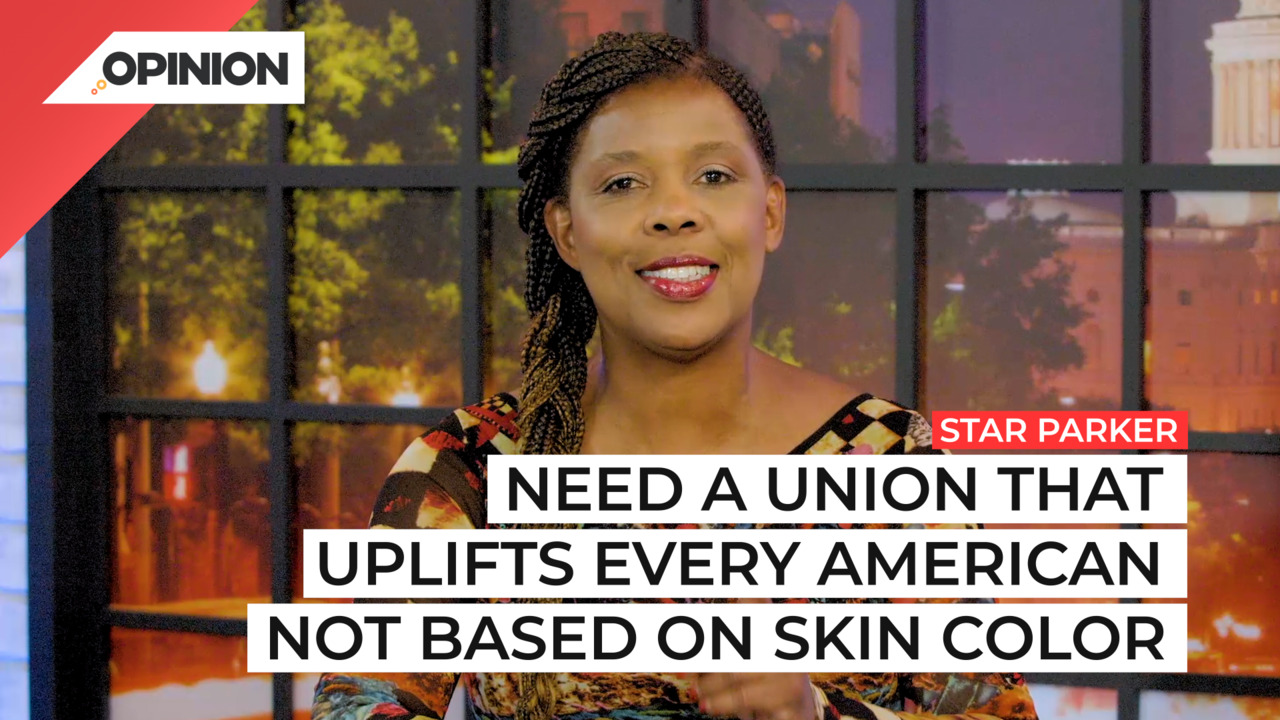The U.S. Supreme Court will be hearing arguments in two affirmative action cases at the end of October to decide whether or not race should play a role in college admissions at Harvard University and the University of North Carolina at Chapel Hill. These cases could go against past rulings that allows colleges to consider a student’s race when deciding which students should be admitted. The lawsuits were brought by the anti-affirmative action organization Students for Fair Admissions, which is hoping to reverse policies determined by another Supreme Court ruling in 2016 involving the University of Texas. In that case, the court upheld race-conscious admissions policies by a narrow 4-3 margin, but the three dissenters are now joined by Justices Neil Gorsuch, Brett Kavanaugh and Amy Coney Barrett, all Trump appointees.

Commentary
-
Our commentary partners will help you reach your own conclusions on complex topics.
Universities across the nation will be on watch as this debate rages at the highest court on the highest level on an admissions policy that’s been in effect for most of our universities for more than 60 years.
As noted in the Washington Post, I don’t often quote the Washington Post, but they said that this case is making what could be the last stand for affirmative action in public university admissions.”
The reason they said that is remember last time we had this go-around at the court one of the Supreme Court justices said, “We’ve gotta do this race-baiting stuff for another 25 years.” But you know what? This “last stand” could be a better opportunity for us to evaluate where we are today in terms of race, where we are today in terms of education, where we are today in terms of higher learning.
An opportunity to chart a new path perhaps, to go forward, instead of continuing this ill-informed path of the past that we’ve got to consider race in everything we do because some people just can’t self-govern. They don’t have the capacity to make right choices. They don’t have the capacity to bring themselves up to standards. That’s what the left is really saying when they keep insisting we need affirmative action policy in the country. There are just some people who can’t do it so we got to lower our standards.
To be sure, we must have a discussion on how to open the doors for every American to reach their God-given potential. But undermining equal treatment for all and compromising standards of excellence in the pursuit of knowledge is not one of the ways to build a civil and healthy society.
After the Civil Rights Act was signed into law, as a people, we should have done what Dr. Martin Luther King Jr. himself said. He said in his “I Have a Dream” speech, go back into the communities and build, because once the Civil Rights Act was signed into law, we as a nation no longer should’ve been looking at race as a special interest. Through all of these race programs, we should not have been thinking about race as a collective.
In fact if you look at that speech of Dr. Martin Luther King Jr., it was broken down into three parts. First he did speak to the nation about their blank check, about the race policies in the South.
Then he spoke to the Negro who was [unintell] and then he spoke to the nation’s Christians, people like himself and said, now let’s roll up our sleeves and get the hard part done, which is to make sure we incorporate everyone as Americans into this beautiful melting pot and dream.
Individually, of course, we’re uniquely made. There’s some beauty in all of us, and ethnicity has that attribute itself.
We want to become race blind but we also don’t want to keep focusing. After the death of King, who removed those barriers. His march was about removing those barriers. Progressives took us down a whole different path. The perception of racism became a business, because we started down this path of putting an emphasis on race.
Next thing you know, we had affirmative action programs, racial preference programs.
And now you fast-forward that to today. There are very few discussions that can take place without emphasizing race. It has hurt us as a nation.
It has kept this heavy emphasis on special interests, on ethnicity that the Dr. King movement was to remove those barriers. Instead of focusing on the color of our skin, let’s perhaps move forward in our thinking. Let’s rethink how we evaluate our students for college admissions.
I’m hoping that the Supreme Court takes the opportunity to dig deeper than they did last time to say do we really need 25 years to figure out that people of all ethnicities can pursue their dream, that they can find themselves, that they have the capacity to self-govern?
We need to move to one that aids our country’s noble pursuit of truth. We need a system to build a more perfect union when it comes to what we’re learning in our colleges but also how our students are getting to college.
We need a union that uplifts every American, not based on the color of their skin, you’ve heard it before again and again, but on the content of their character.
-
Trump has an excellent opportunity with Black voters
Former President Donald Trump’s gains with Black voters have narrowed since President Joe Biden dropped out of the 2024 race. Prior to his dropping out, polling indicated that Biden was losing support among Black voters, who had been vital to his 2020 victory. The Trump campaign has been courting Black voters, using the recent Republican…
-
Biden is wrong to support Supreme Court reform
The Supreme Court’s public legitimacy crisis continues to escalate after it issued a series of major recent decisions perceived by many Americans as overtly partisan, most recently the July 1 ruling in Trump v. United States. Calls to reform the Supreme Court long predate these rulings but have gained significant momentum and popularity in their…
-
Liberals stir fear over Supreme Court immunity decision
In a landmark decision, the Supreme Court ruled July 1 in Trump v. United States that presidents are immune from prosecution for any presumably “official” act taken while in office, including criminal acts. Some legal experts and liberal justices were “horrified” by the opinion and warned of grave consequences, while Chief Justice John Roberts, in…
-
Debate disaster raises questions about Biden’s capacity to lead
Even former House Speaker Nancy Pelosi, D-Calif., has stated that it’s valid for voters to question President Joe Biden’s mental health given his recent debate performance. Lawmakers from the opposing party are calling for a select committee to examine his mental health. Watch the video above as Straight Arrow News contributor Star Parker argues that,…
-
Black Americans should vote for Donald Trump
In the 2020 elections, 92% of single-race Black, non-Hispanic voters cast their ballots for President Joe Biden, while only 8% voted for Donald Trump. That one-sided turnout followed a summer of nationwide protests against police violence largely organized by Black Americans in the wake of George Floyd’s murder, and then-President Trump’s crackdown on those protests…
Latest Opinions
-
 U.S. Department of Defense
U.S. Department of Defense
Congress still trying to figure out how to reduce wasteful military spending
-
 DVIDS
DVIDS
US Navy, Air Force making waves with new weapons at RIMPAC
-
 Getty Images
Getty Images
Israeli PM Netanyahu meets with Trump at Mar-a-Lago
-
 Getty Images
Getty Images
Growing US nuclear power resurgence reaches the nation’s heartland
-
 Getty Images
Getty Images
Beer from the sun, other solar thermal projects get government funding
Popular Opinions
-
In addition to the facts, we believe it’s vital to hear perspectives from all sides of the political spectrum.


